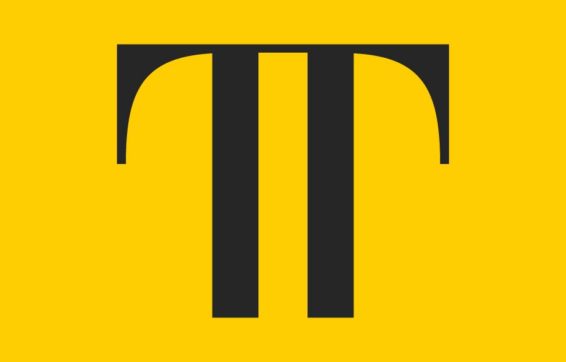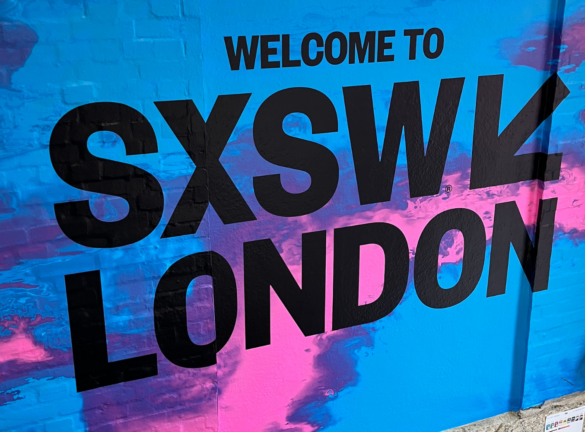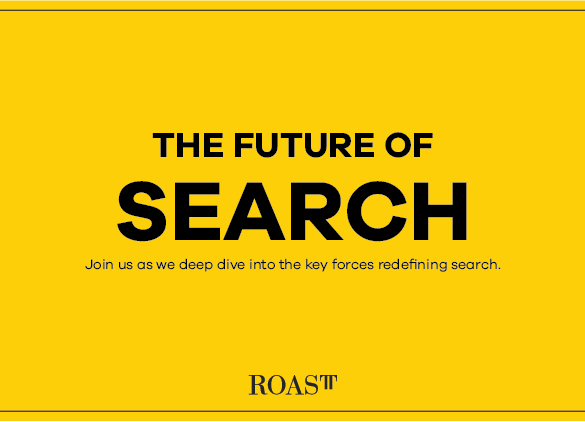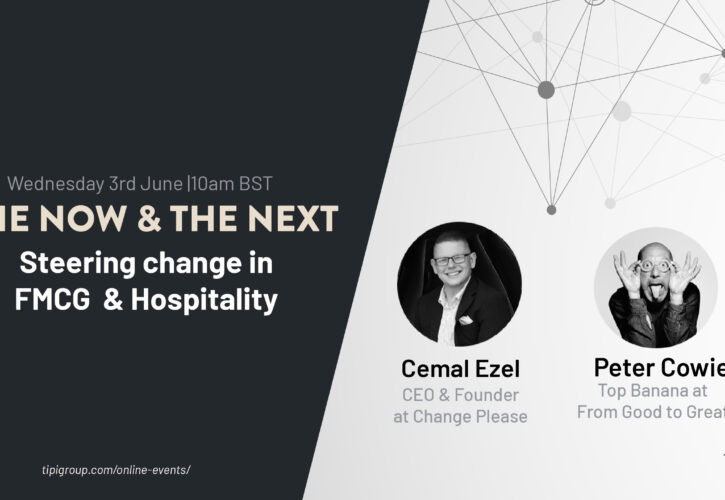
The Now & The Next – Steering Change in FMCG and Hospitality
For our fourth ‘The Now & The Next’ session Peter Cowie (Top Banana at Good To Great) sat down for a one-on-one session with Cemal Ezel (CEO & Founder of social enterprises Change Please, and Serious Tissues, as well as CEO & Founder of South London restaurant Coal Rooms), to discuss how and why Social Enterprises will thrive in a post-COVID world.
Peter Cowie: So Cemal, tell us the story behind Change Please, where did the idea come from?
Cemal Ezal: Well I used to be a commodities broker, and I was actually inspired by an American that I met when I was travelling in Vietnam. I wasn’t feeling very fulfilled by my career at the time, and the American told me about something called the Rocking Chair Test, where you picture yourself in a rocking chair at 90, looking back at your life, and you have to ask yourself whether you’ve achieved anything really meaningful, whether you’ve left your mark on the world and changed it for the better.
I realised at that point that I was failing this test miserably, and it really changed my perspective on things. I saw an amazing silent tea house in Hanoi which merged aspects of business and charity in a way that really excited me, so my first plan was to start a silent tea house in Clapham, but that kind of fell apart when I remembered I didn’t really like tea or silence… But I did like coffee, and I had experience working with the homeless from the housing side of things, so the idea formed of creating a coffee company which employed homeless people. Then the name came to me ‘Change Please’ which actually came from a Banksy mural.
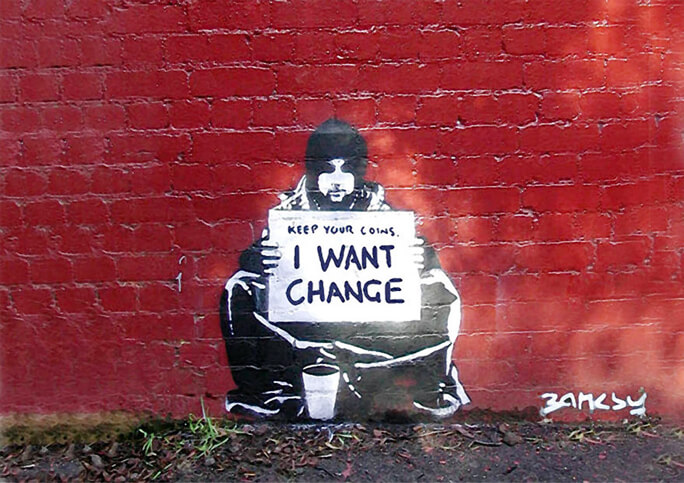
Image via: http://m.thedailynewnation.com/news/226391/really-want-change
PC: Incredible, so how was the business doing three months ago?
CE: We were in a good place. We had grown the High Street retail side a lot and had over 40 sites across the country. We were also being stocked at various supermarkets, but the biggest area of growth for us was actually B2B. We were providing coffee for huge businesses like Virgin Atlantic and UBS.
PC: And how were you affected by the pandemic?
CE: Well I got coronavirus myself quite early on, which wasn’t a good start. Then our sales got absolutely devastated. We had 72 people in the team and it was looking like we were going to have to make the vast majority of them redundant until we were saved by the government furlough scheme. That scheme was so crucial to us because we have a duty of care for our employees, they are vulnerable people who need housing, food, drink, counsellors and therapists. We can’t just pick them up and put them back down again.
PC: Speaking of your people, how does the recruitment process work for something like this?
CE: Well we started off just talking about it to people who were on the streets, but now we take referrals from a range of organisations.
PC: I’m told you use blockchain to help you source your coffee responsibly, how does that work?
CE: Yes, that’s right. We use Blockchain to trace exactly where our coffee is coming from and how much farmers earn. We’ve managed to get our farmers up from earning the standard 1/15th of a penny for every £2.50 cup of coffee to making about 1p per cup. Obviously there’s still a long way to go but we’re making good progress. I think supply chain transparency is one of the things that is going to be accelerated by COVID, and I know Unilever are also looking at it currently.
PC: How do you market yourselves as a business?
CE: Historically we’ve relied a lot on PR, if any stories come up about Social Enterprise we’re usually contacted, and we always see more traffic on our sites after a good piece of PR. However, I would say we’ve got a bit lazy with our Digital and I think we’re going to have to start leaning on that side more if we want to survive in this climate, so we’ve been talking to TIPi Group recently about how we can work together to achieve our goals in that space.
PC: What does the future look like for Social Enterprise in general?
CE: I think the future is bright. The work we’ve done with Virgin Atlantic, where they serve our coffee on the flight and then show the video explaining Change Please to passengers has really changed the whole feeling about giving to charity on planes. Rather than feeling guilty for not having any coins to put in a bucket, you feel happy because the coffee you drank has (perhaps even without you realising) helped improve someone’s life. We found that Virgin’s customers really appreciated this, and it was great for their brand, as well as ours.
In the next couple of years, I think brands that partner with social enterprises will have a genuine competitive advantage. At the same time, consumers will realise that they can change the world for the better just by buying products they already wanted to buy.
For Change Please specifically, we’ve been hit particularly hard by this as so many of our partners have stopped working, but we’re looking at working with more and more public sector bodies.
One of our other enterprises, a restaurant called Coal Rooms, shifted very quickly to a delivery model and we sold out of Sunday Roasts in 15 minutes on our first weekend online. In the short term though restaurants really need to be supported by customers ordering directly, the cuts that the delivery services take make it hard to keep our head above water.
On the other hand one, our other business, a recycled not-for-profit loo-roll brand called Serious Tissues has been doing better than ever during the pandemic.
PC: What do the next three years look like for Change Please?
CE: I think we’ll definitely have more of an online focus, leveraging platforms like Amazon and technologies like Voice. If people are just going to be asking their Alexas to re-order coffee, then we’ll need to be the coffee that is chosen. We’re also planning on using digital to go global and I’m hoping to crack the US next year.
Questions from the Floor
Looking back now, what would you have done differently?
CE: There are definitely a few things. Firstly, I think we should have started off trying to get more funding, which would have enabled us to grow more quickly and help more people. I think not being 100% not for profit also would have helped us with this. Another thing is not having focussed enough on digital to help us grow.
With all your experience working with the homeless, what is the thing that you think normal people can do to help with the problem?
CE: Focus on forgetting prejudices and re-educating yourself. Imagine the homeless person as a father, brother, sister etc. Say hello. Make eye contact. Small gestures can make a huge difference.
Thank you to Cemal for the inspiring session! You can find out more about upcoming ‘The Now & The Next’ sessions and watch videos of previous sessions on the TIPi Group events page.


